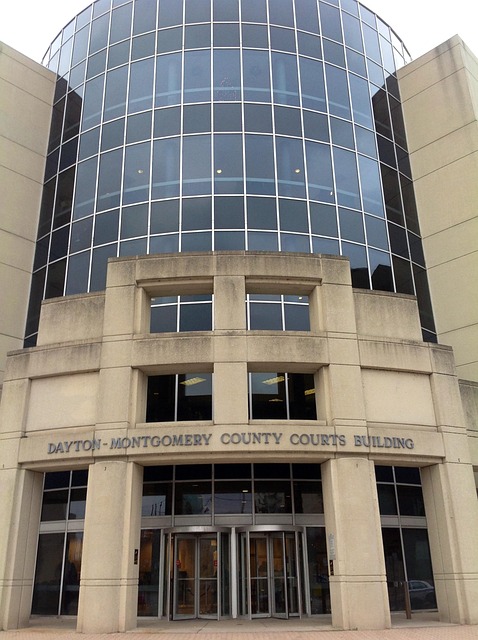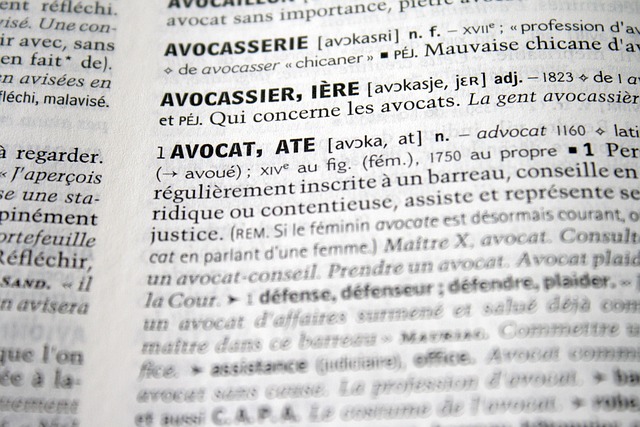Environmental regulation violations pose significant risks for businesses, leading to legal consequences, reputational harm, and operational disruptions. To mitigate these risks, seeking Legal Assistance for Environmental Regulation Violations is crucial. This includes prompt assessments, stricter internal controls, staying current with environmental laws, and proactive measures like employee training and regular audits. Specialized legal professionals offer expert guidance, minimizing exposure to costly lawsuits and promoting environmental stewardship. For existing litigation, swift engagement with experienced counsel specializing in high-stakes cases is vital for favorable outcomes, addressing immediate issues while investigating root causes for future compliance.
Litigation Risk Management is an indispensable strategy for businesses navigating the complex landscape of environmental regulations. This article explores critical aspects of managing potential risks, focusing on understanding environmental regulation violations and their common causes. We delve into the pivotal role of legal assistance in preventing and mitigating these issues. Additionally, we offer practical strategies for responding to environmental lawsuits, emphasizing the value of proactive Legal Assistance for Environmental Regulation Violations as a key game-changer in risk mitigation.
- Understanding Environmental Regulation Violations: Common Causes and Impact
- The Role of Legal Assistance in Effective Litigation Risk Management
- Strategies for Mitigating and Responding to Environmental Lawsuits
Understanding Environmental Regulation Violations: Common Causes and Impact

Environmental Regulation Violations are a significant concern for businesses, as they can lead to severe legal consequences, including hefty fines and litigation. Understanding the common causes is crucial for effective risk management. Many violations stem from negligence, such as improper waste disposal or failing to comply with emission standards, often due to lack of training or awareness. Another frequent reason is deliberate disregard for regulations, where companies may cut corners to increase profits, leading to environmentally harmful practices.
The impact of these violations extends beyond legal penalties. They can damage a company’s reputation, erode public trust, and disrupt operations. For both corporate and individual clients, seeking Legal Assistance for Environmental Regulation Violations is essential to mitigate risks. This includes prompt assessment of non-compliance, implementation of stricter internal controls, and ensuring adherence to ever-evolving environmental laws, especially in the context of white collar and economic crimes. Such proactive measures can protect respective businesses from potential litigation and foster a culture of sustainability.
The Role of Legal Assistance in Effective Litigation Risk Management

Effective litigation risk management requires a strategic approach that includes Legal Assistance for Environmental Regulation Violations. With the increasing complexity and severity of environmental regulations, businesses need expert guidance to navigate legal complexities and minimize exposure. Legal professionals specializing in environmental law can offer invaluable support by providing proactive solutions, conducting thorough risk assessments, and developing comprehensive compliance strategies. This assistance is crucial in preventing costly lawsuits and protecting companies from facing severe penalties.
Legal Assistance plays a pivotal role in achieving extraordinary results for clients faced with general criminal defense issues stemming from environmental violations. By leveraging their deep understanding of the law and regulatory frameworks, these professionals can help businesses implement effective internal controls, conduct thorough investigations, and develop robust risk mitigation plans. This proactive approach not only ensures compliance but also fosters trust among stakeholders by demonstrating a commitment to environmental stewardship.
Strategies for Mitigating and Responding to Environmental Lawsuits

When facing environmental lawsuits stemming from regulation violations, proactive strategies are key. Businesses should invest in comprehensive training for employees to ensure adherence to environmental laws and regulations. Regular audits and internal reviews can help identify potential risks and non-compliance issues before they escalate. Collaborating with legal experts specializing in environmental law is crucial; they can provide guidance on best practices, assist in drafting policies, and offer strategies for risk mitigation. Early involvement of these specialists can be instrumental in preventing costly lawsuits and penalties.
For businesses already embroiled in such litigation, a swift response is essential. Engaging experienced legal counsel with expertise in handling high-stakes cases can significantly improve the outcome. These professionals can help navigate complex legal landscapes, develop robust defense strategies, and explore potential resolutions. In addition to addressing the immediate lawsuit, seeking legal assistance for environmental regulation violations can also involve investigating the root causes of non-compliance to prevent future occurrences and ensure adherence to respective business obligations in this critical area, particularly in the context of white collar and economic crimes.
Effective litigation risk management is paramount in navigating complex environmental regulations. By understanding common violation causes, organizations can proactively mitigate potential impacts. Leveraging legal assistance specialized in environmental law plays a crucial role in developing robust strategies to defend against, and respond to, lawsuits. This ensures not only compliance but also the ability to foster sustainable practices, ultimately reducing litigation risks associated with environmental regulation violations.






